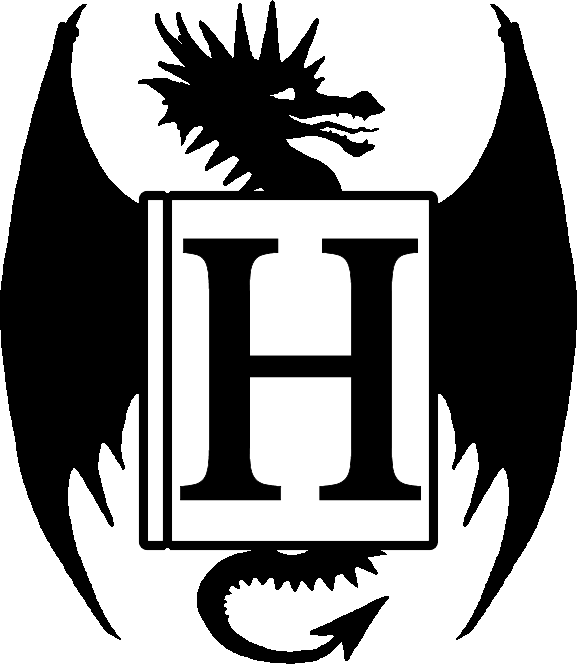The Warehouse
Rob Hart
Bantam Press
Fiction, Sci-Fi/Thriller
Themes: Cross-Genre, Dystopias, Girl Power
***+
Description
In the near future, venturing outdoors in a climate-baked world is a risk, especially in summer. Fortunately, there's Cloud, your one-stop
source for every possible want or need, complete with drone delivery. Even better, the company uses its giant corporate footprint for good,
slashing carbon emissions and providing not just good jobs to countless individuals, but a place to live. Once inside a "mother cloud"
facility, you need never leave.
Not that you have much choice: most every business these days is affiliated with Cloud. They even have a sizeable hand in the government. A
few brick-and-mortars still cling to life around the fringes, but it's pretty clear that Cloud is the future of humanity. The only
future. But even revolutionary business magnates can't live forever; as company founder Gibson Welles makes his farewell tour across America,
there are still those who hope to loosen his grip... and plot against Cloud.
Paxton left his job as a prison security guard to become an entrepreneur with his invention, The Perfect Egg, only to be driven out of business
by Cloud's constant demands for lower and lower prices and more and more control. His patent is still pending, but until then he has little
choice if he wants to eat: he has to apply for a job with the enemy. Zinnia is a professional corporate spy, sent to crack into one of the
company's closest held secrets: how it manages to power its massive mother cloud sites. Despite the propaganda (and the tax breaks), there's
no way their solar panels can provide nearly as much power as they consume, hinting at some very dirty laundry in the company closet. The two
meet at the brutally competitive application and keep seeming to cross paths as they're pulled deeper and deeper into the dystopian nightmare
of Cloud life. Can they be each other's salvation from oblivion, or will Cloud truly devour every last drop of freedom and happiness?
Review
The Warehouse takes up the dystopian mantle of Brave New World, Metropolis, 1984, and other seminal works
and crosses it with the modern culture of behemoth businesses devouring the world (in more ways than one), entirely untethered by morals or
ethics or long-term considerations as to the effects of their actions as they handwave everything away as the result not of their own sociopathic
ambitions, but nebulous "market forces" that they claim to be beyond anyone's control, even as they control them. Even when these businesses do
ostensibly good things, those works are inevitably tainted by ultimately monstrous motivations. But what choice do people like Paxton have, when
the system is so much larger than they are and gives them some approximation of they want (or have been told to want), lukewarm bottled water
offered at a steep price in a desert of their own making?
Paxton starts out determined that this will only be a temporary stopover until his patent comes through, that he can still come up with some
brilliant new idea and build his own business, but he seems to know he's lying to himself even as he fills out the application. Zinnia intends to
get in and out as fast as possible, but gets caught in the gears of a corporate culture unlike any she's been trapped in before. For the first
time, she finds herself reaching out for human companionship, even knowing any relationship will be made under false pretenses and is therefore
doomed from the start. Throughout the story, the company is a tangible weight upon the world and the characters, ugly and devouring and robbing
everything, even their privacy and any shred of dignity they managed to carry through the front door. As Paxton is pulled into the orbit of a
power-abusing superior in the Cloud security team, Zinnia fights her own battles against corruption and sexual predators in the hellscape that is
the Cloud warehouse. In interludes, Cloud founder Gibson injects his own story about the rise of Cloud, one strongly colored by his own biases
and deliberate blindness to the suffering he causes, smug in his own superiority over the rest of humanity; in the audiobook version I listened
to, his narrator has a folksy down-home accent deliberately at odds with the soulless planet-eating monster he has become.
The story doesn't necessarily drag, but it does bog down in the dystopian details, even as it successfully evokes the nightmarish world of modern
big-box retail and online behemoths which strive to crush human beings into servile and disposable robots, rewarding conformity and amorality and
even depravity while punishing individualism and inquiry. Paxton rationalizes away the loss of his independence, tokens he hands over willingly,
or as willingly as anyone can under constant psychological assault from a system designed to grind down any resistance, while even Zinnia finds
herself pulled further into the company than she'd ever expected. At some point, it becomes clear that there will be nothing like a happy ending
for anyone involved, though the characters may still make choices that could open possibilities for happiness (or something like it) for others.
It ultimately felt like it was just grinding in the misery, even as that misery proved all too recognizable from the real world, as it trudged to
a drawn-out finale with only the barest, faintest sparks of light. While The Warehouse successfully explores the corporate beasts we all
have had some part in enabling, it started feeling too long, with characters I no longer cared about and an ending that rang hollow.
